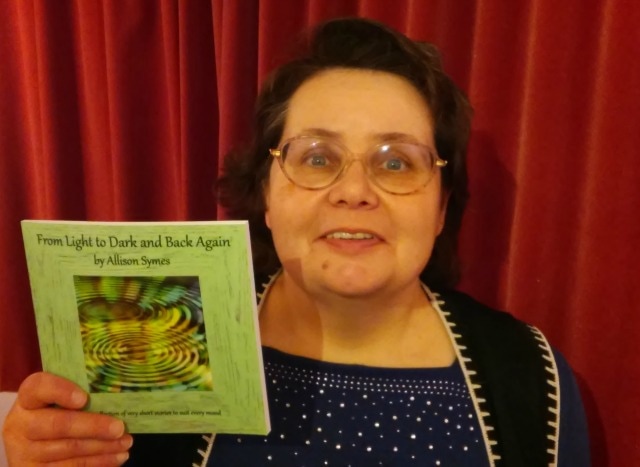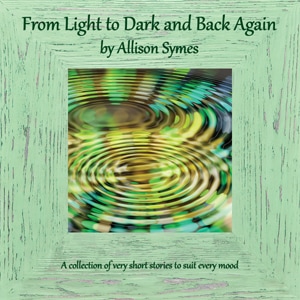Sometimes, of course, a great idea really is a great idea but it is possible to get the timing wrong. The worse thing about this is nobody can tell you when the right time will be. This is where a certain amount of luck is needed for all authors.
You have to hope that, having written and edited your story well, having had good feedback on it etc, and you launch it into the big, bad world, it lands on the right desk. Yes, you will have chosen the right publication to send it to, but your story has to satisfy the publication's requirements and that will include, to an extent, the personal tastes of the editor who first reads your tale. Not all of that is guessable or researchable.
You also will not know if the editor has just accepted a similar story on a similar theme and therefore cannot take yours (unless they tell you so and there is no guarantee they will)! The one good thing here is it can be a matter of putting the story away for a while and trying again later and it is always worth trying that, especially if you know there's been a change of editor!
There is absolutely nothing wrong in just writing for your own pleasure and most of us started off that way. I did. But when you get to the point of wanting to move beyond that and seriously aim for publication, then self-evaluation comes into its own. If you can answer tough questions you set yourself (and they should be tough ones), then you'll be more ready to answer tough questions later, no matter who asks them. Questions I have asked myself and would recommend you use include:-
- What is my long term goal and why have I set this?
- Will it matter if I do not meet my long term goal?
- Am I prepared to be open to new ideas especially if my first initial idea doesn't take off?
- Am I prepared to rewrite, rewrite and rewrite as often as necessary to get the idea right?
- If I was a publisher, looking at the work honestly, would I accept it had it been submitted by someone else? Say why (for both a positive answer to this and a negative one. You need to see both sides of the fence).


 RSS Feed
RSS Feed
